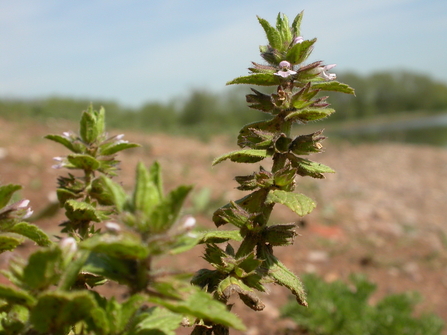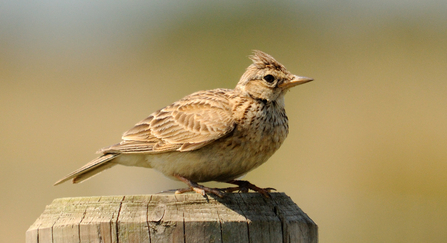Early successes of six farms that collaborated around Bramfield has inspired the extending of their efforts to form a full-scale farmer cluster, aiming to cover some 2000 hectares of farmed land.
Following the Bramfield watercourse to the River Blyth, this group has ambitious aims of connecting wildlife across the landscape, building biodiversity into their farming operations, connecting with the local communities and ensuring that they are as sustainable as they can be.
Early work of the initial group of six farms has led to some great wildlife success stories, including the re-discovery of a species thought to be extinct. With the support of Suffolk Wildlife Trust, the group has undertaken a wide range of wildlife monitoring and management actions that have had great results for biodiversity across their farms.
Buoyed by their successes, the group agreed in 2020 to extend the area of their focus towards Blythburgh, with a view to cover as much of the farmland along the Bramfield/Wenhaston watercourse, a tributary of the river Blyth that rises around Bramfield, as they could. The area encompasses Suffolk Wildlife Trust’s Church Farm nature reserve and is a much-varied landscape with interesting transition from clay plateau to a sand and gravel dominated coastal landscape.


